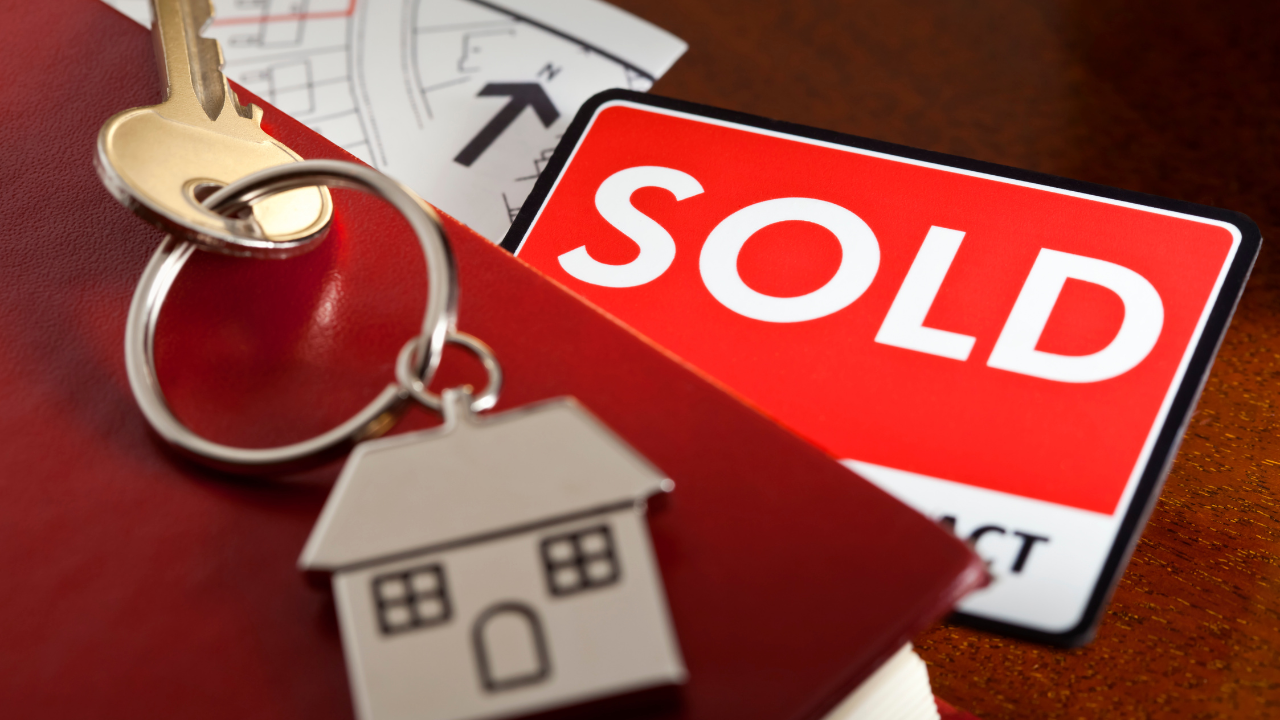Top Guidelines Of Conveyancer
Top Guidelines Of Conveyancer
Blog Article
The Facts About Conveyancer Revealed
Table of ContentsThe Buzz on ConveyancerThe Best Guide To ConveyancerAn Unbiased View of ConveyancerGetting My Conveyancer To Work
The expenses are imposed according to the Legislation Society's tariff standards. A Conveyancer should: Whatsoever times protect the passion of his/her clients and based on the signed Sale Arrangement; Maintain all events notified of the progress on their purchase and inform both celebrations of the conveyancing procedure and processes; Advise the events on the conditions of the Sale Contract, specifically relating to suspensive problems and responsibilities; Recommend the seller on the cancellation of his bond, any type of charges, notice periods and other management costs which may affect the settlement figure; Acquire the seller's written directions before he/she, as the Conveyancer, issues any kind of assurances in regard of the deal; Do everything in his/her power to register the deal on or as close as feasible to the day consented to in the Sale Contract; Recommend both events on their responsibilities in regards to their Sale Contract, so as to make certain that the transfer is not delayed needlessly; Meet both parties to authorize the suitable documents associating to the deal Prepare the actions for lodgement with miraculous care, so as to guarantee that they minimise the danger of a denial of the documentation by the applicable Deeds Windows registry; Educate both parties of the transfer on the day of enrollment; Account to both events for funds connecting to the transaction within 2/ 3 days adhering to effective registration of the deal in the suitable Actions Windows registry.It becomes part of your conveyancer's task to coordinate a settlement time with the opposite side's lawful representative, during which time the residential property is formally transacted and all paperwork and cheques are turned over. Upon settlement, your conveyancer will make contact with you and/or your realty representative to validate negotiation and permit for keys to be handed over.
No person wishes to experience a demanding or overwhelming circumstance when you should just be excited for your following step. This is where conveyancing can help the process to relocate along efficiently. The function of a building conveyancer is to manage this lawful procedure of moving the possession and title of a home from the vendor to the purchaser.
Yet legal representatives typically have a series of locations they have expertise in, with conveyancing perhaps being a field they do not practise in typically. The advantage of making use of a property conveyancer is that home deals are what they execute regularly. They comprehend the process inside and out and are really aware of it, ensuring all pertinent documents is offered and the process is accurate and timely.
How Conveyancer can Save You Time, Stress, and Money.

Nevertheless, picking an option for nothing else factor than it's less costly look these up can create much more problems in the long-term with an inaccurate or ineffective service. Seek a dealt with price service so you understand exactly what the procedure will cost you and whether it matches your organized spending plan. Recommendations from friends or family, or reading online evaluations can likewise work in discovering a knowledgeable and reliable conveyancer.

Conveyancing solicitors and licensed conveyancers both look after the conveyancing procedure. Conveyancer. Their specialist backgrounds vary. A conveyancing lawyer is an individual who is a totally qualified lawyer (as a participant of the Legislation Culture) and that is experts in conveyancing. A building solicitor will typically visit this website tend to have experience in other lawful areas also.

What Does Conveyancer Do?
They liaise with numerous events, including the estate representative, vendor's conveyancer, and neighborhood authorities. The conveyancing procedure begins when a deal on a residential or commercial property is accepted.
The purchaser's solicitor will make certain the buyer is educated about the paperwork and lawful obligations. This phase entails describing the conveyancing costs and describing the home information form. Being informed can stop unforeseen concerns as the procedure unfolds. Building searches serve a purpose in the conveyancing procedure. The purchaser's lawyer arranges these checks to click here to read disclose prospective problems with the property.
Neighborhood authorities might provide understanding right into close-by future developments that may affect the residential or commercial property's worth. Mortgage lending institutions typically require specific searches before releasing a home loan deal. While some searches might appear optional, omitting them could cause unexpected difficulties. A building's title acts stand for a historical record of its possession.
About Conveyancer
Once an offer is accepted, the vendor's lawyer prepares a draft agreement. This agreement pack includes vital files like the building info type, the leasehold details kind, and the installations and contents create. The buyer's conveyancer examines these to make certain all the documentation is regular with assumptions. At this phase, home regulation considerations develop, from shared access civil liberties to what components feature the property.
On this day, the purchaser pays the remaining equilibrium, and the vendor transfers the residential or commercial property keys. There's often a gap between exchange and completion for purchasers to settle information or make arrangements.
Report this page